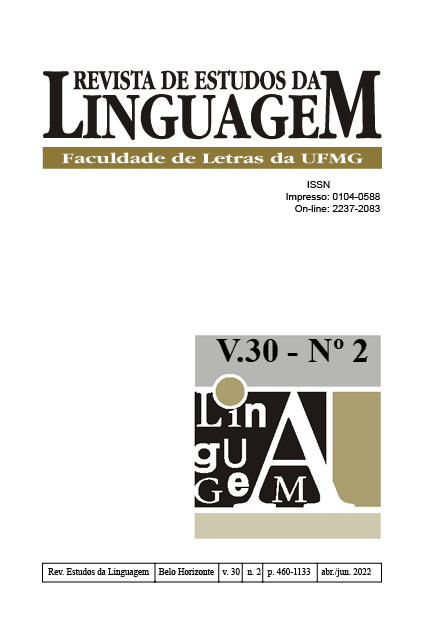Modelling Text Synthesis as a Basis for Application of Genre Pedagogy
DOI:
https://doi.org/10.17851/2237-2083.30.2.700-742Keywords:
genre pedagogy, reading to learn, text synthesis, systemic functional modelling, popular scienceAbstract
The paper models grammar functionally for the purposes of teaching foregrounding its systemic organization. Genre Pedagogy – a usage-based model of language teaching – selects models of texts for teaching based on the efficacy of language choices are made according contextual patterns. However, a problem that may occur is that ‘model texts’ selected to serve as example texts for teaching could rely not on patterns of usage alone, but also on the subjectivity of the person who implements the model (being them a teacher, a tutor, an educator and so on). The paper offers a model of text synthesis as a as a basis for application of Genre Pedagogy departing from non-systematic text selection and replacing it with a quantitative approach of language patterning based on use for the selection of ‘model texts’. More specifically, it presents the process of modelling a synthetic text from systemic and quantitative criteria as the baseline of ‘model texts’. The paper goes on to assesses the contributions of this modelling to the effectiveness of text production by means of an experiment in which texts written by a group of students is compared with synthetic texts generated by quantitative usage-based choices in language systems. Results show how text synthesis modelling can be an effective approach for applications of Genre Pedagogy.




 Esta obra está licenciada com uma Licença
Esta obra está licenciada com uma Licença 